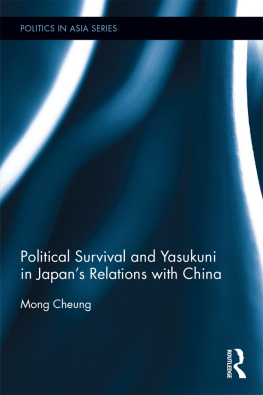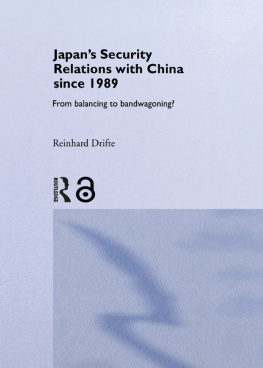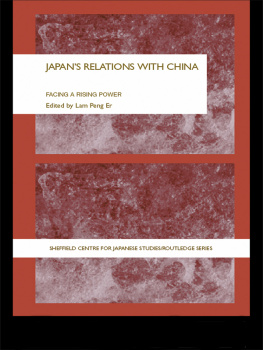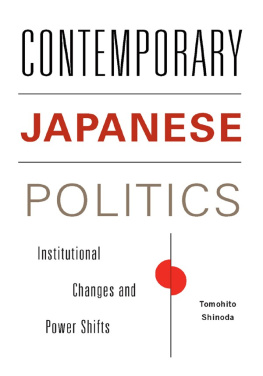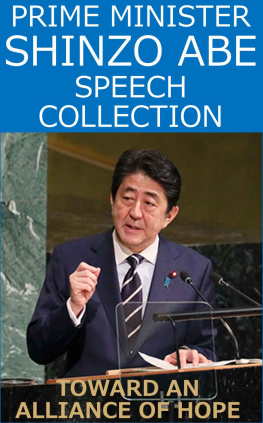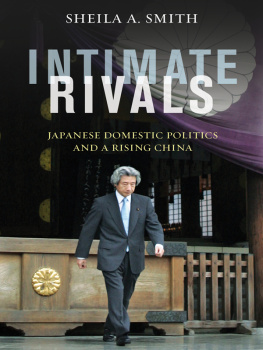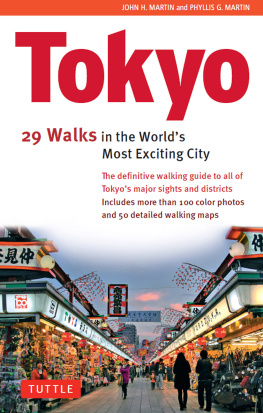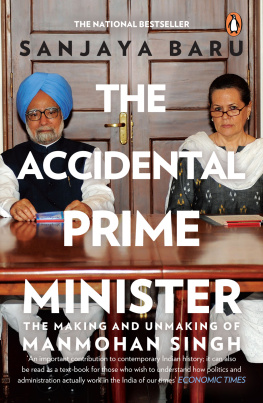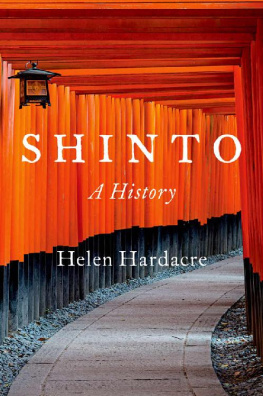Political Survival and Yasukuni in Japans Relations with China
What role does the political survival of prime ministers play in Japans relations with China over the Yasukuni issue? Three Japanese prime ministers, including Nakasone Yasuhiro, Hashimoto Ryutaro and Abe Shinzo, complied with Chinas demands and stopped visiting the controversial Shrine in 1986, 1997 and 2007, respectively. By contrast, the Yasukuni controversy intensified between 2001 and 2006 when a popular Prime Minister Koizumi Junichiro was determined to pay regular homage to the Yasukuni Shrine annually. Prime Minister Abe, who previously demonstrated restraint over the issue in his first term between 2006 and 2007, visited the Yasukuni unexpectedly in 2013 but not in 2014 or 2015. To explain this variation, this book presents an alternative interpretation of Japans official responses toward Chinas pressure over the Yasukuni issue between 1985 and 2015 by applying a political survival approach that highlights the domestic political legitimacy of the Japanese prime minister or the ruling party.
This book will be of great interest to students and researchers of Sino-Japanese relations, Japans foreign policy and international relations.
Mong Cheung is Associate Professor in the Institute of Contemporary Chinese Studies at Waseda University, Japan. He is also a research fellow of National Institutes for the Humanities (NIHU) in Japan.
Politics in Asia Series
Chinas Rise and Regional Integration in East Asia
Hegemony or community?
Edited by Yong Wook Lee and Key-young Son
New Dynamics in US-China Relations
Contending for the Asia Pacific
Edited by Mingjiang Li and Kalyan M. Kemburi
Illiberal Democracy in Indonesia
The ideology of the family-state
David Bourchier
Chinas Power and Asian Security
Edited by Mingjiang Li and Kalyan M. Kemburi
Sino-U.S. Energy Triangles
Resource Diplomacy Under Hegemony
Edited by David Zweig and Yufan HAO
Advancing the Regional Commons in the New East Asia
Edited by Siriporn Wajjwalku, Kong Chong Ho, and Osamu Yoshida
Institutionalizing East Asia
Mapping and Reconfiguring Regional Cooperation
Edited by Alice D. Ba, Cheng Chwee Kuik, and Sueo Sudo
Singapore
Negotiating State and Society, 19652015
Edited by Jason Lim and Terence Lee
Political Survival and Yasukuni in Japans Relations with China
Mong Cheung
Political Survival and Yasukuni in Japans Relations with China
Mong Cheung
First published 2017
by Routledge
2 Park Square, Milton Park, Abingdon, Oxon OX14 4RN
and by Routledge
711 Third Avenue, New York, NY 10017
Routledge is an imprint of the Taylor & Francis Group, an informa business
2017 Mong Cheung
The right of Mong Cheung to be identified as author of this work has been asserted by him in accordance with sections 77 and 78 of the Copyright, Designs and Patents Act 1988.
All rights reserved. No part of this book may be reprinted or reproduced or utilised in any form or by any electronic, mechanical, or other means, now known or hereafter invented, including photocopying and recording, or in any information storage or retrieval system, without permission in writing from the publishers.
Trademark notice: Product or corporate names may be trademarks or registered trademarks, and are used only for identification and explanation without intent to infringe.
British Library Cataloguing in Publication Data
A catalogue record for this book is available from the British Library
Library of Congress Cataloging-in-Publication Data
Names: Cheung, Mong, author.
Title: Political survival and Yasukuni in Japans relations with China / by Mong Cheung.
Description: New York, NY : Routledge, 2016. | Series: Politics in Asia series | Includes bibliographical references and index.
Identifiers: LCCN 2016004563 | ISBN 9781138945708 (hardback) | ISBN 9781315671222 (ebook)
Subjects: LCSH: JapanForeign relationsChina. | ChinaForeign relationsJapan. | Yasukuni Jinja (Tokyo, Japan)Political aspects. | JapanPolitics and government1989
Classification: LCC DS849.C6 C487 2016 | DDC 327.52051dc23
LC record available at https://lccn.loc.gov/2016004563
ISBN: 978-1-138-94570-8 (hbk)
ISBN: 978-1-315-67122-2 (ebk)
Typeset in Galliard
by Apex CoVantage, LLC
For my parents
Contents
Writing my first academic book in English has been an invaluable learning experience for me. The journey up to the writing of this book has taken nearly ten years starting from 2006. This book is based on my Ph.D. dissertation completed in 2009 at Waseda University in Japan. The unexpected return of Abe Shinzo as Japans prime minister in December 2012 and his visit to the Yasukuni Shrine in December 2013 required me to supplement an extra chapter to test the utility of my analytical framework by studying the latest development in the controversial issue between China and Japan.
This book could not have been completed without the generous support of many people. My first thanks must go to my principal academic supervisor, Professor Amako Satoshi. During my time at Waseda University doing research as a Ph.D. student, Professor Amako warmly provided generous support and critical inspiration for my research proposal. The publication of this book could not have been realized without the tireless and patient encouragement from Professor Amako over the past ten years. I would also like to express my sincere appreciation to members of my dissertation committee: Shinohara Hatsue (my vice supervisor), Aoyama Rumi, and Ueki Chikako Kawakatsu for their insightful intellectual guidance. All of them have spent their precious time to guide me through perspectives of various disciplines and shaped my research approach and skills needed to perform the empirical studies in this book. I would like to thank Wu Guoguang, my supervisor during my M.Phil. study at the Chinese University of Hong Kong (CUHK). Prof. Wu has continued to mentor me and has offered invaluable suggestions to me on how to turn my Ph.D. work into a publishable book.
Many friends and colleagues have offered insightful comments and extensive assistance to my study. I thank numerous individuals who offered hints and commented on the drafts and articles pertaining to my work: Kohno Masaru, and Ohda Hiroshi from Waseda University; Mike Mochizuki from George Washington University; Satoh Haruko from Osaka University; Tang Shiping from Fudan University in Shanghai; Yang Bojiang and Wu Huaizhong from Institute of Japan Studies, Chinese Academy of Social Sciences; Watanabe Tsuneo from the Tokyo Foundation, Wu Yu-Shan and Leng Tse-Kang from Academia Sinica in Taiwan; and Takahara Akio and Sonoda Shigeto from University of Tokyo, as well as Noguchi Kazuhiko, Uemura Takeshi, Zheng Cheng, Ren Zhe, Osada Yoji, Sato Koichi Huang Wei-hsui, Li Yanming, Yang Zhihui, Xu Xianfen, Kamikubo Masato, Hirakawa Sachiko, Murakami Go, Christian Wirth, Tamura Kenichi, Stephen R. Nagy, Sven Saaler, Wu Zeying and Tanaka Amane. I am also grateful to Miyamoto Yuji, Japanese ambassador to China between 2006 and 2010. I had the privilege of interviewing Mr. Miyamoto and gained valuable insights from his professional perspective as a diplomat.

